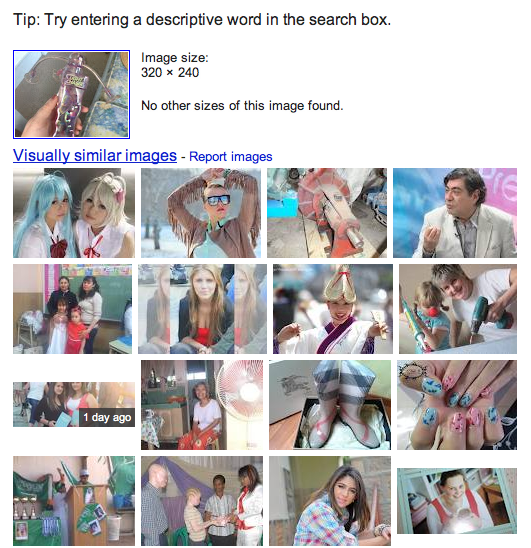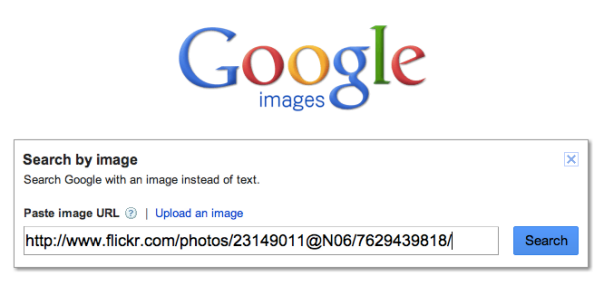When tasked with the adventure of trying to find new spinning light flashers (subject items on hand), words simply fail.
Across the Twitterverse, I’ve heard rumor of the image search capabilities Google is expanding and slowly deploying. Other apps, like Leafsnap, let you take care of taking a picture (in this case plant-life) so you can do a search via image. Google Image allows you to search by words, by uploading an image, or by providing the URL for an image to help you with your search. So, can Google Image Search with its Search by Image function save the day?
Well, my technological swiss army knife (my iPhone) could photograph the image, could connect to Google Image, but the Javascript camera icon failed to offer any search options other than via text. Even my iPad lacks the option to complete the search by image. Okay, so let me try and upload my image to Flickr (since it was taken with my phone) as a public image so I can try and paste a URL. Nope – “The URL doesn’t refer to an image, or the image is not publicly accessible.” Alright, so let me download the image to my computer and then upload/drag-and-drop the file. So, did all of this hard work pay off with successful search results?

I have to say not. Dear Google – keep working on it but I very much look forward to your awesome results.

